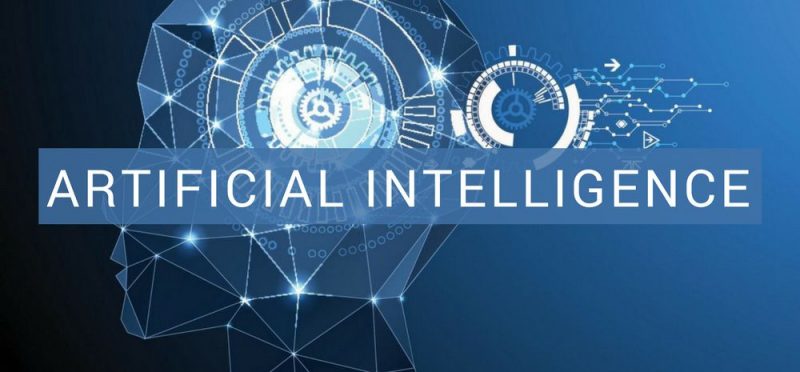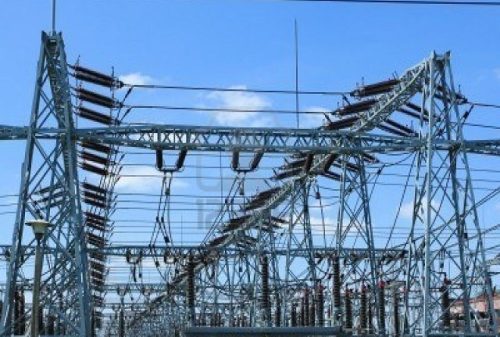AI threatens 40% of global jobs — IMF
The International Monetary Fund has disclosed that 40 per cent of global employment is at risk due to the continued growth of artificial intelligence.
The Washington-based funds revealed this in a report titled, ‘Gen-AI: Artificial Intelligence and the Future of Work’.
It noted that employments in advanced economies were at greater risk with 60 per cent of jobs exposed to AI.
According to the fund, overall exposure is 40 per cent in emerging market economies and 26 per cent in low-income countries.
The IMF noted that while the risk to jobs was greater in advanced economies, they were also set to reap the biggest benefits from AI.
The IMF said, “In advanced economies, about 60 per cent of jobs are exposed to AI, due to the prevalence of cognitive-task-oriented jobs. A new measure of potential AI complementarity suggests that, of these, about half may be negatively affected by AI, while the rest could benefit from enhanced productivity through AI integration.
“Overall exposure is 40 per cent in emerging market economies and 26 per cent in low-income countries. Although many emerging market and developing economies may experience less immediate AI-related disruptions, they are also less ready to seize AI’s advantages. This could exacerbate the digital divide and cross-country income disparity.”
It noted that as a positive productivity shock, AI would expand economies’ production frontiers and would lead to reallocations between labour and capital while triggering changes in many jobs and sectors.
The tech offers opportunities for solving complex problems and improving the accuracy of predictions, enhancing decision-making, boosting economic growth, and improving lives, IMF said. However, this ability to influence numerous domains offers an uncertain implication for economies and societies.
The Managing director of the International Monetary Fund, Kristalina Georgieva, stated, “We are on the brink of a technological revolution that could jumpstart productivity, boost global growth, and raise incomes around the world. Yet it could also replace jobs and deepen inequality.”
The advancement of artificial intelligence has captivated the world, causing both excitement and alarm and raising important questions about its potential impact on the global economy, she noted.
She further stated that the net effect was difficult to foresee, as AI would ripple through economies in complex ways.
She added, “The AI era is upon us, and it is still within our power to ensure it brings prosperity for all.”
AI’s rise in prominence has been met with mixed feelings, particularly concerning the future of work. Many experts believe that tech offers humanity the next big leap to improvement.
The Nigerian Minister of Communication, Innovation and Digital Economy, Dr Bosun Tijani, recently said, “AI is not just a technological leap forward, but a catalyst for redefining how we approach business challenges and opportunities in Africa.”








